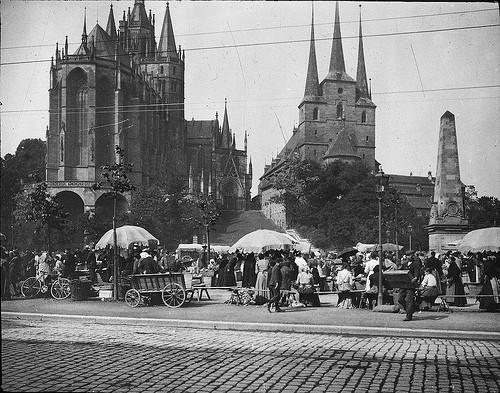Wie groß ist das Potential von AfD, BSW und der Linken bei der Bundestagswahl 2025?
Wie gut oder schlecht sind die Erfolgsaussichten von “Alternative für Deutschland”, “Bündnis Sahra Wagenknecht” und der Linken bei der bevorstehenden Bundestagswahl? Warum werden diese Parteien überhaupt gewählt, und wie wirkt sich der Wahlkampf, der nun begonnen hat, auf ihre Chance aus? Über diese und andere Fragen konnte ich bei einer gemeinsamen Veranstaltung der Landeszentrale für…
